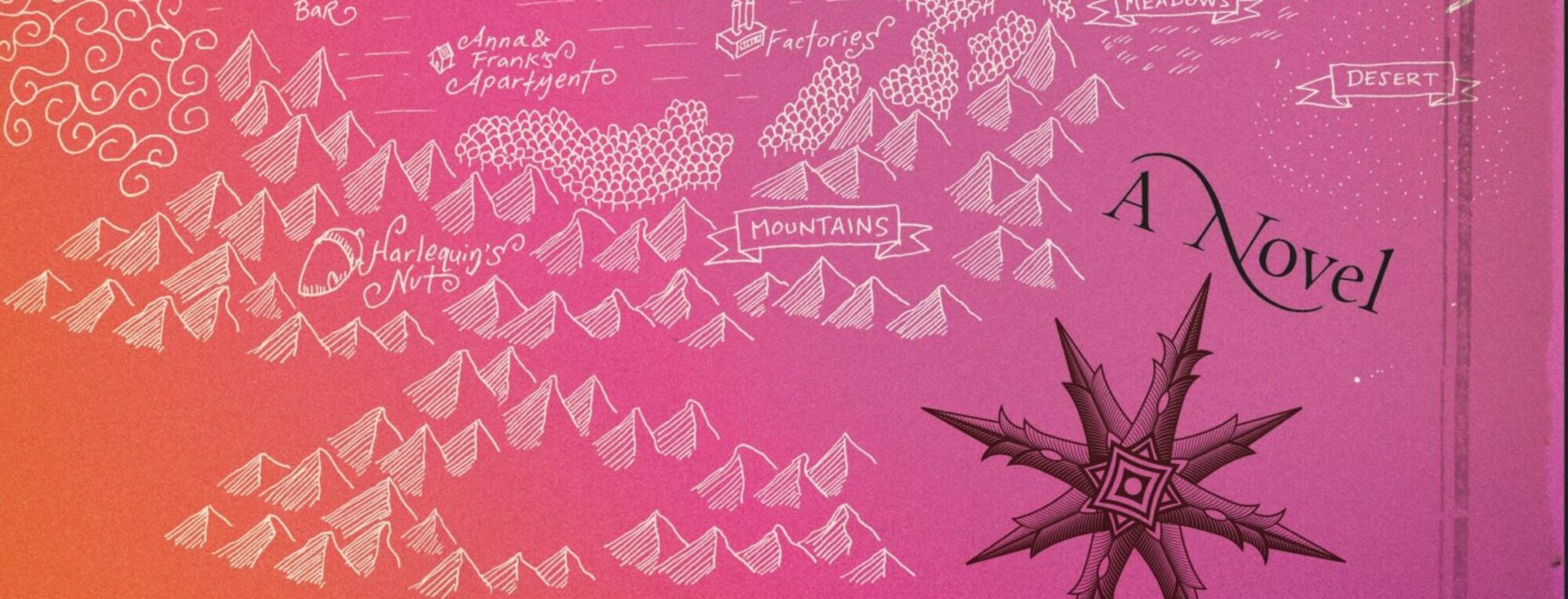
“I’ve got you,” I say to myself as I bend over at the low drinking fountain at the Y. Bending this way has been a scary movement for me for years, with low back and shoulder injuries and a perennially weak body.
Perennially, yes, but changing. Talking to myself, I’m speaking in the voice of my abdominal muscles, of all my muscles in fact, the internal and external obliques, the transverse, the rectus, and the thighs and pelvic muscles too, reminding the individual cranky and scared parts of me that they are not alone, never alone, that they are held up and cared for by all of me together and I’m not letting them go.
My teacher taught me this on the weird Pilates contraption known as the Cadillac, the one that looks like the medieval torture device known as the rack. I almost didn’t get on it. But when he put those disconcerting-looking metal leg springs on my legs and showed me how to let my stomach take the weight so that my poor back wouldn’t have to, I felt a surprising Ah inside, the Ah of my chest opening and magically getting lighter, the Ah of my entire body becoming more spacious — whole apartments and subbasements and rooms, inside my body! Whole gathering spaces and meeting rooms and galleries, an entire city of bone and ligaments and muscle!
A big pink flower in my body, like a tall lily stretching from my collarbone to my coccyx, and the leaves of it coming down my legs!
It is hard to say this, the following thing: it is hard to say this. Fear and tightness have been a very big part of my life. Not just physically! It’s not at all uncommon for me to feel stifled, strangled, caught. Like a fish in a net gasping, unable to move one way or the other; literal torture. I have often been afraid “the worst” would come — So, what do I mean by that, “the worst”? I mean something like feeling agony forever, physical or mental, and being forcibly stuck and held there, feeling shame, being starved for care and connection, even from (perhaps most from) myself.
Some Christians say that “hell” means most of all alienation, alienation from “God” meaning being denied contact with anything, anyone that contains the sacred. Because I think all human beings partake of the sacred, to me hell means, most fundamentally, not being connected — to yourself or anyone else.
Oh my reader: sometimes I’m afraid that people who act like they like and respect me actually think I’m stupid. It gets worse: Almost everyone I talk to each day I think, in some deep way, is going to hit me. Almost everyone I email, too. Hit me over the head with a pipe for being such an inferior person.
Sometimes I want badly to tell a friend or a relative something about my life and for a reason completely unknown to me, I can’t. I mean literally, I can’t. I pause, my speech gets labored, I grimace and gesture and look like I’m being stabbed — perhaps I am being stabbed — I’m frustrated and I struggle to try and drag myself up a path my vocal chords do not want to go. The person I’m with often says, “Wow, it’s seems like this subject is really hard for you. You don’t have to tell me about it if you don’t want to!” But I do want to.
People think of Pilates as just a kind of trendy exercise. But as I’ve used it to heal from my body’s injuries, the system Joseph Pilates invented has also been startlingly applicable to emotional and psychological barriers, interpersonal tightness, pain of the mind.
Oh, pain of the mind. Surely we all have it. I bet it was the same back when the cheerily depressive author of the Tao Te Ching wrote, “I alone am confused/Desolate/Oh, like the sea/Adrift/… I alone am different from others/And value being fed by the mother.”
Pilates is actually about being fed by the mother — the mother in our bodies, the vastness inside ourselves. I called the author of the Tao Te Ching “cheerily depressive” just now because in fact, he wasn’t feeling too bad about being confused, desolate, adrift.
He was accepting these feelings, even celebrating them, because he was celebrating and accepting all his feelings and needs right then.
He trusted “the mother” in the Way, “the mother” in himself to supply what would feed him.
That is what I learned in Pilates starting about five years ago, to connect with “the core,” “the powerhouse,” “the center” in my body and mind. And I learned that all parts of the self must work together and support one another, that no parts of the self (or body), even the hurt parts, even the parts that are not yet strong enough, are bad. From a deceptively slight-looking former dancer I learned that human bodies are flexible, that the spine is supposed to move, that even the weakest person has inherent power and that all of us have a “magic belt” around us that can provide nearly infinite power if we only let it support us with its discernment and love. And I learned that mindfulness is the soil to grow it all.
(c) Donna Minkowitz 2012
Like this:
Like Loading...








